Air conditioning
Keep the atmosphere cool and healthy
Get regular checks for your vehicle air conditioning to make sure you have temperature controls and system hoses aligned, neutralize any odors and bacteria building up in the pipework, and are demisting the windows for safer driving.




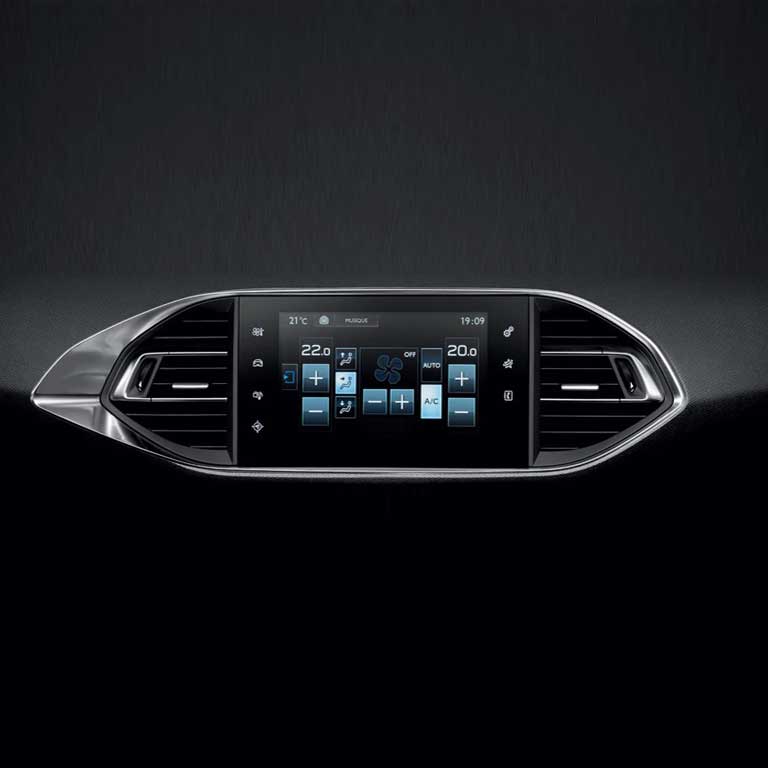
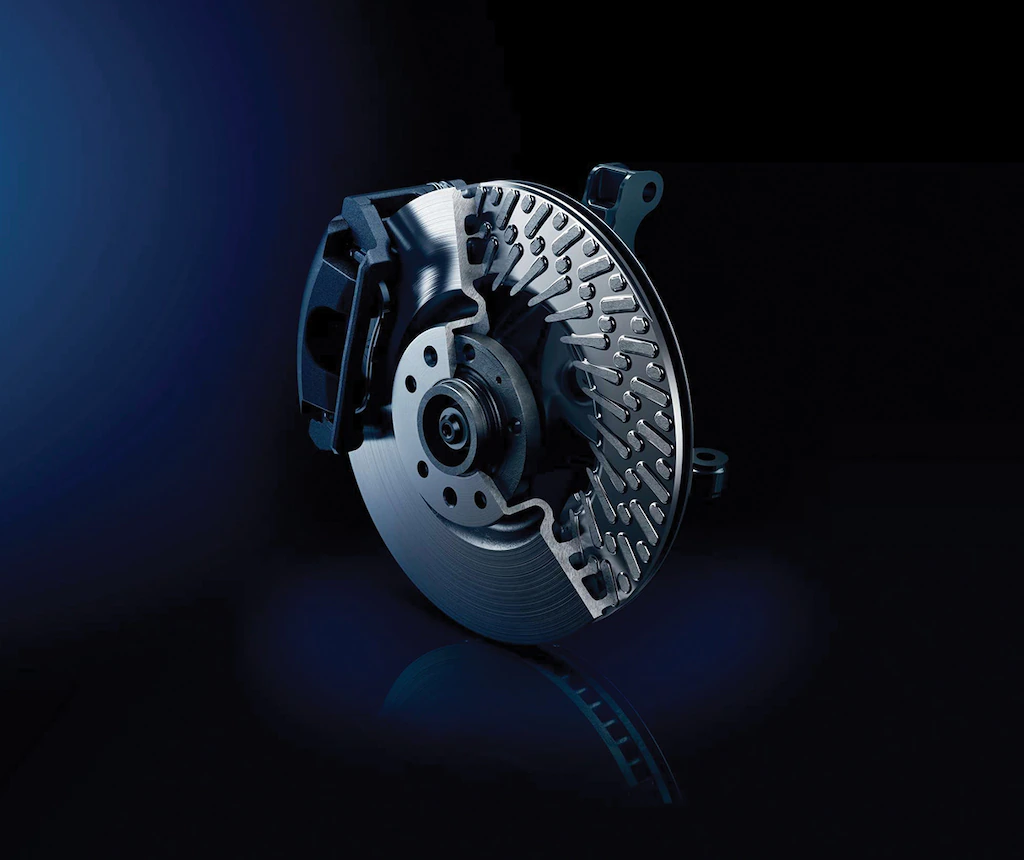
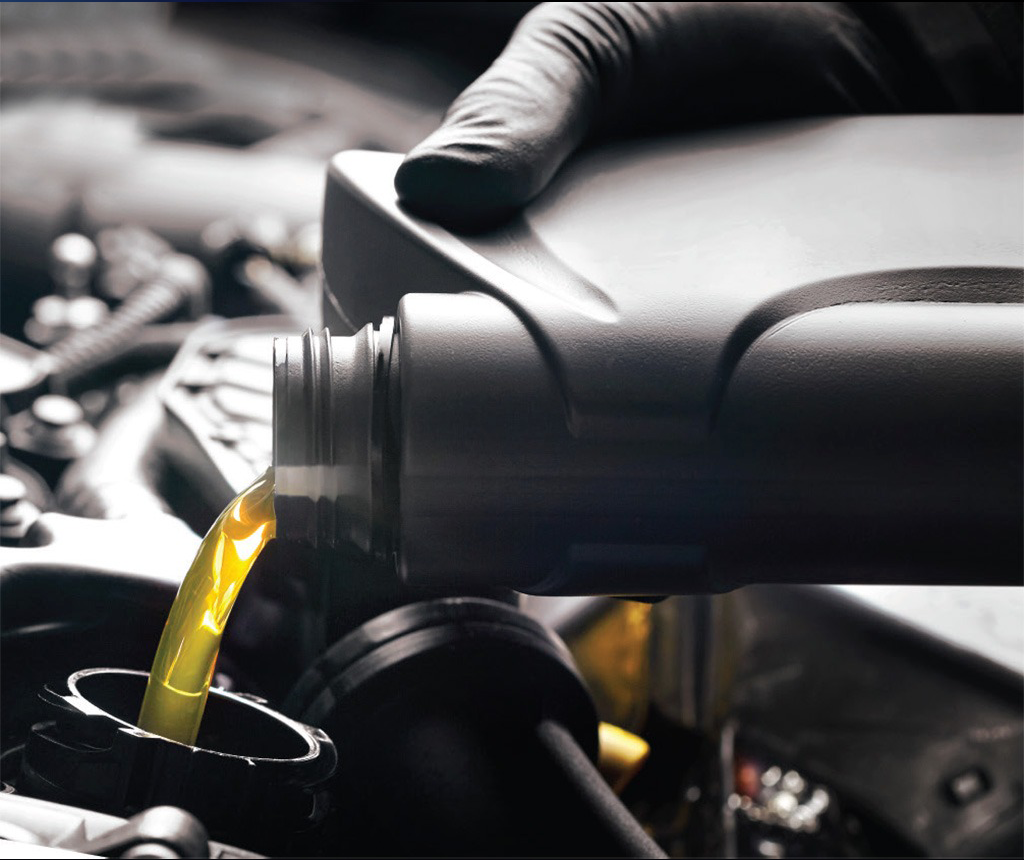
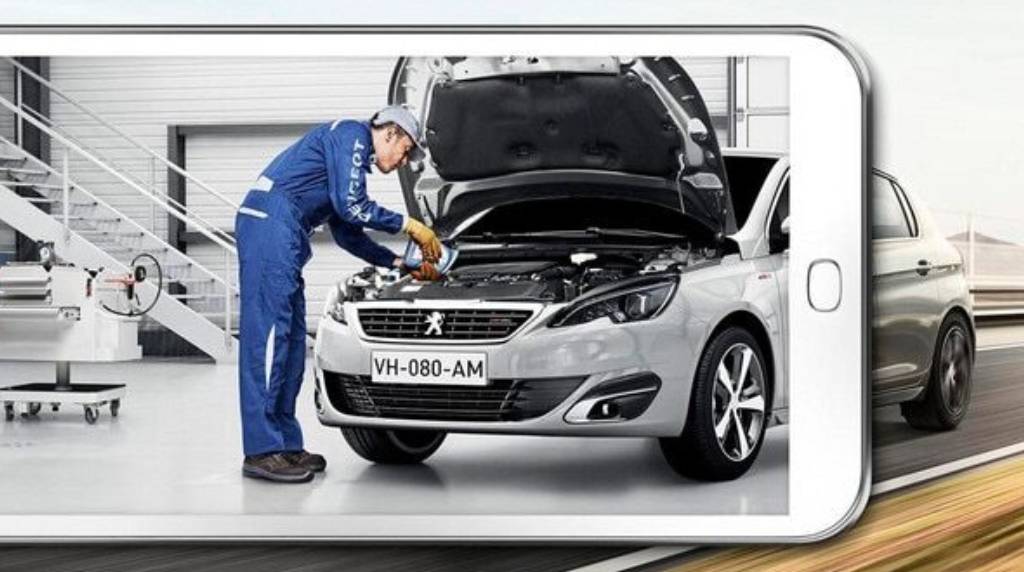

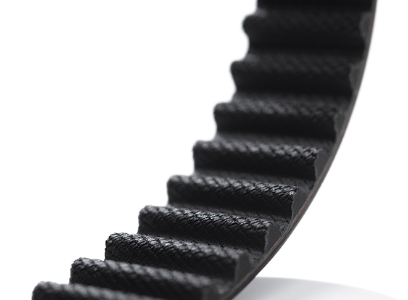
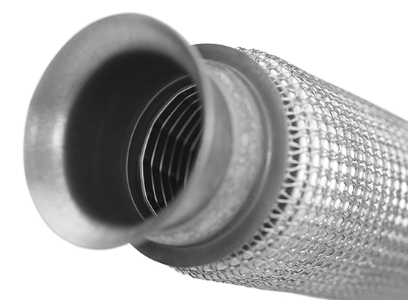
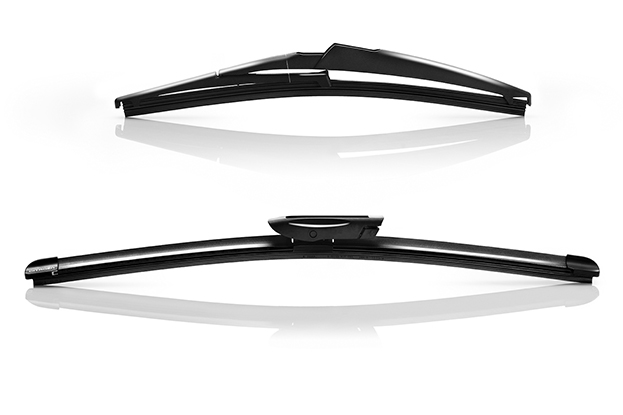
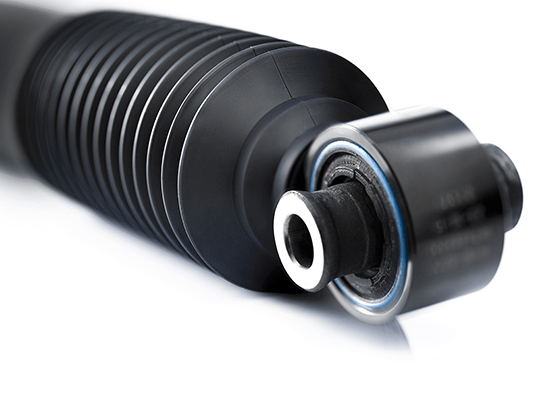
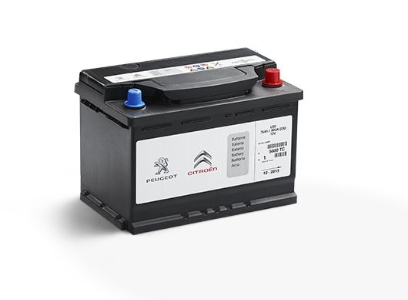
 download brochure
download brochure
 build & price your own
build & price your own
 make an enquiry
make an enquiry
 request a test drive
request a test drive